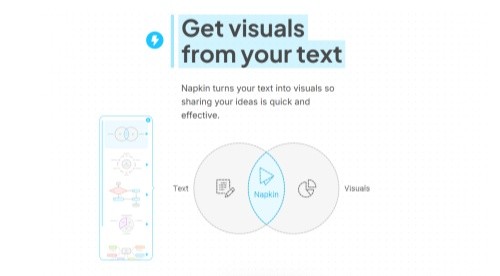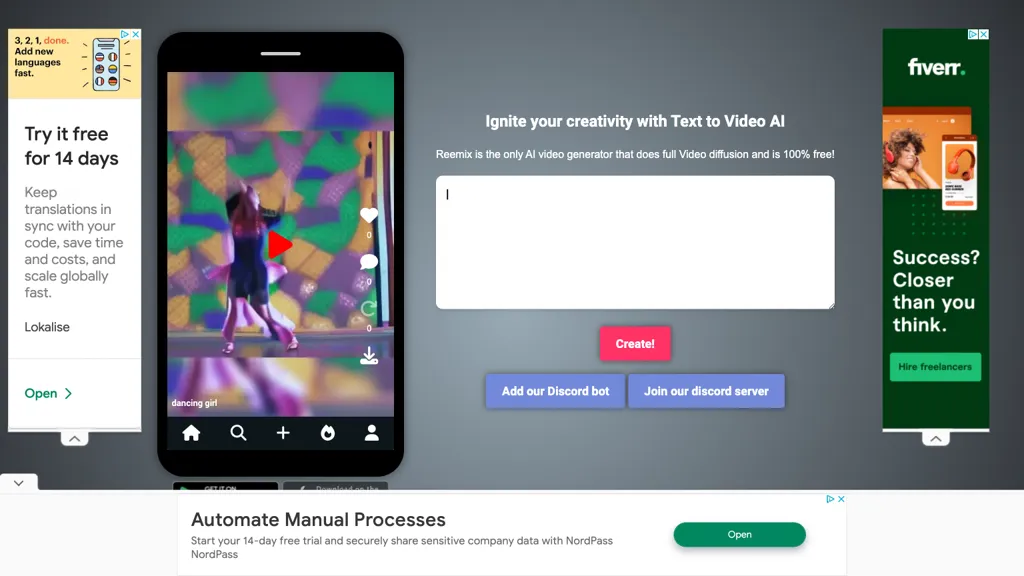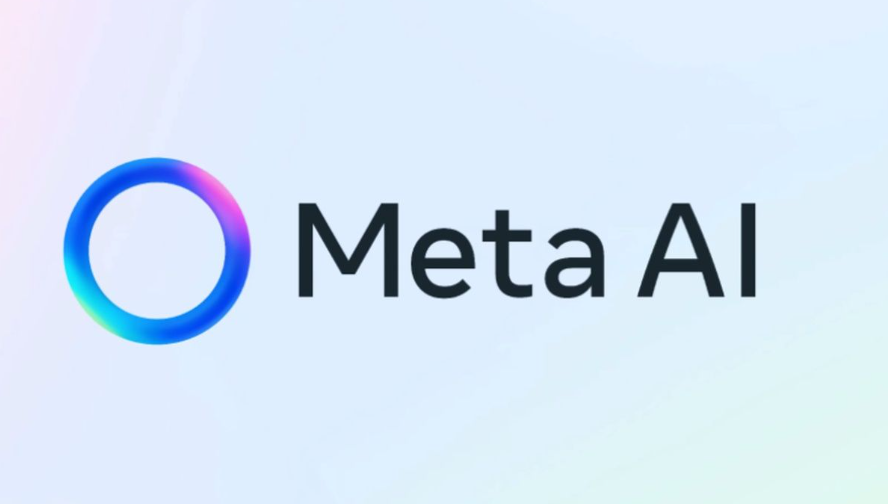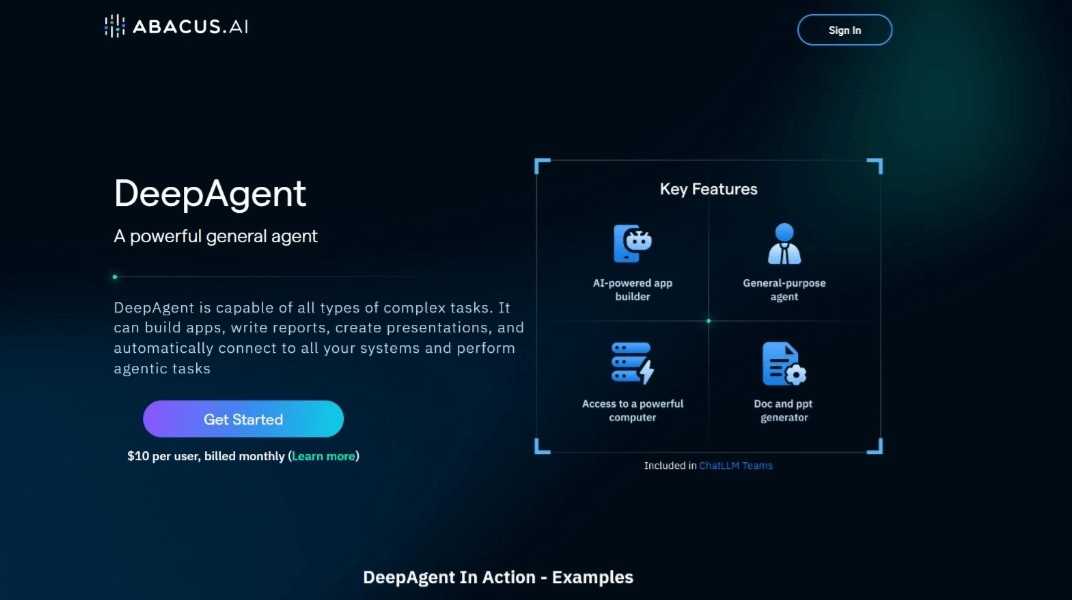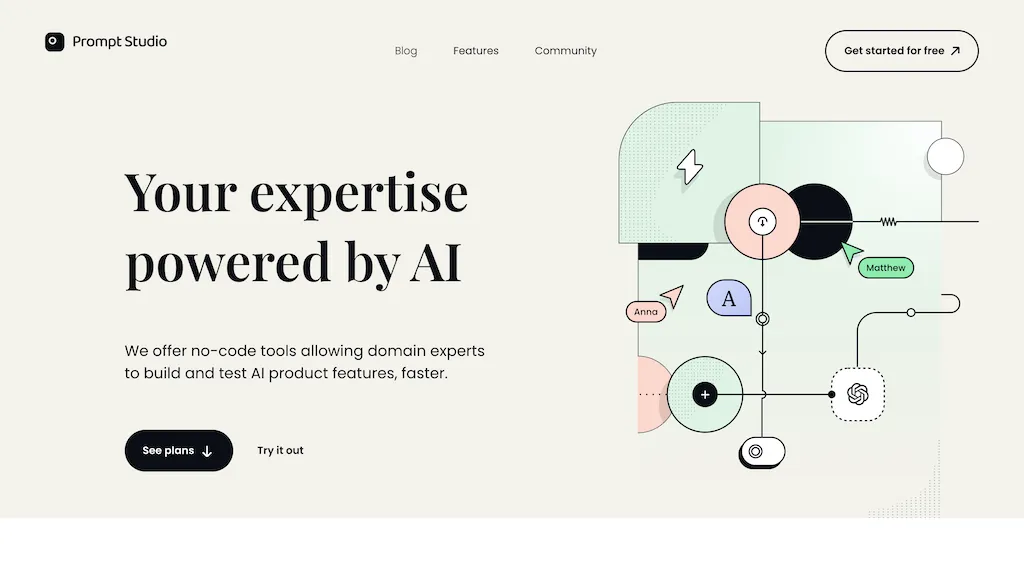
What is Prompt Studio?
Prompt Studio is an AI tool designed for prompt engineering. It simplifies the process of building, exploring, developing, and validating language models. This tool makes prompt engineering accessible and affordable by eliminating the need for expensive hardware and large datasets.
Key Features:
Prompt Creation and Management: Build, save, and reuse prompt templates. Organize prompts efficiently in a single location.
Language Model Integration: Connect and compare results from various language models, including custom models.
Data Testing and Knowledge Base Creation: Test prompts with different datasets. Generate knowledge bases by uploading files or using a built-in chat feature.
Collaboration Features: Share and collaborate on prompts with teammates.
Desktop Application and API: Access Prompt Studio via a desktop application for local use, or utilize its API for advanced integrations.
Version Control and Comparison: Compare different versions of prompts and their respective completions. Work on drafts and preview prompts side-by-side.
Inline Assets and File Management: Easily manage files and add them to knowledge bases within the chat interface.
Dedicated Workspaces: Organize projects and initiatives into dedicated workspaces.
Prompt Chains (upcoming): Support for creating complex prompt chains for advanced use cases.
Use Cases & Applications:
Streamlined Prompt Engineering: Efficiently develop and refine prompts for various language model tasks.
Language Model Agnostic Development: Work with multiple language models without significant adjustments.
Collaborative Prompt Development: Facilitate teamwork and knowledge sharing in prompt engineering projects.
Simplified File Management: Easily integrate and manage files within the prompt engineering workflow.
Knowledge Base Generation: Create and maintain knowledge bases directly from within the tool.
Complex Task Automation (with prompt chains): Automate more complex processes using chained prompts (feature coming soon).
